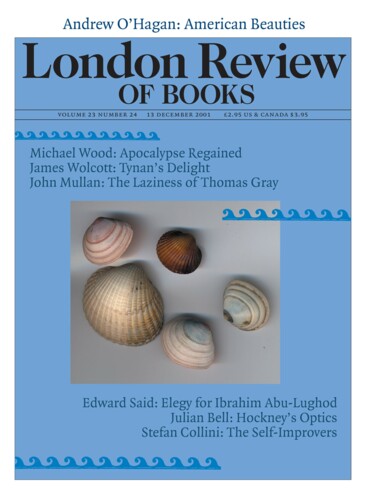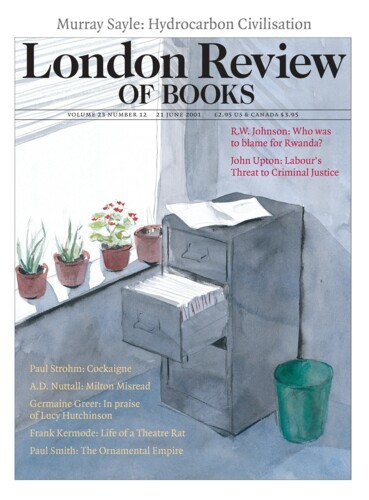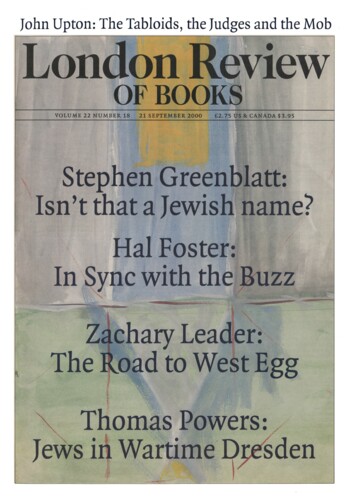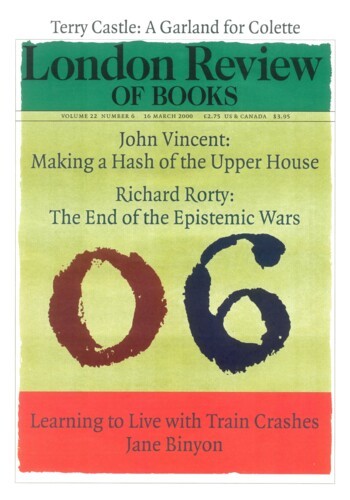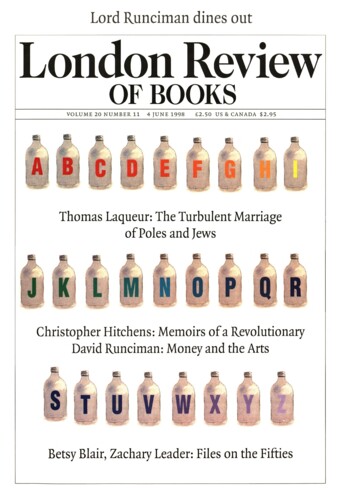Size matters – especially in business. In the quarter-century following the American Civil War, consolidation – in the form of trusts, mergers, monopolies, syndicates and cartels – transformed the US economy, revolutionising transport, communications and industrial production. The industrialists and financiers who shaped the new economy regarded its international ascendancy as natural and inevitable. To those who objected that consolidation inhibited free-market competition and local enterprise, depressed wages, produced inhumane living conditions for workers, and was anti-democratic, big money countered with claims of increased efficiency, radically reduced operating and distribution costs, falling consumer prices, greater social mobility and immense national wealth. These benefits it often extolled in moral or religious terms. Economic progress meant ‘discipline’, ‘sound’ money, ‘inviolate’ faith, as opposed to ‘waste’, ‘wild’ inflation, a ‘corrupt’ currency, ‘blind and dishonest frenzy’, ‘reckless booming anarchy’.’‘
Size matters – especially in business. In the quarter-century following the American Civil War, consolidation – in the form of trusts, mergers, monopolies, syndicates and cartels...
